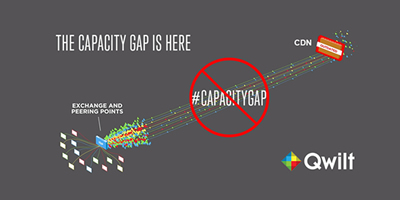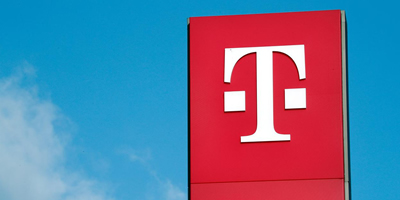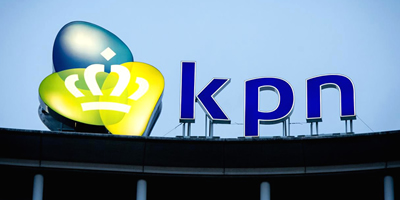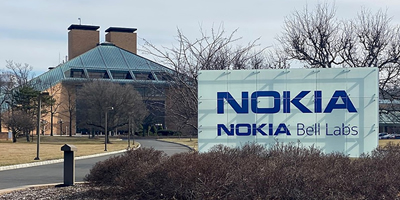By Jeff Gilbert, VP Strategy and Business Development, Content Providers, Qwilt
The biggest challenge facing OTT content delivery is not speed, as is commonly thought, but rather capacity. As you have probably heard by now, EU Commissioner Thierry Breton directly asked Netflix CEO Reed Hastings to stop streaming video in HD in order to ‘secure internet access for all.’ As a direct result of the pandemic, many more people than usual are at home watching Netflix and other streaming services and, in Thierry’s view, are effectively clogging the Internet. In response, Netflix agreed to lower their streaming bandwidth in the EU for 30 days, even though they believe their Open Connect service is already helping service providers, and that their streams already adapt based on available bandwidth.















